Bruce Poon Tip, founder of G Adventures has created a business model that challenges travellers to step outside of their comfort zone and see the world differently. Adventure travel isn’t just climbing to base camp at Mount Kilimanjaro. There are many different definitions of adventure travel and G Adventures seems to have a trip for just about everyone. One common denominator—a different perspective on the world as you know it, a path that is kind to the country visited and a life-changing experience.
An entrepreneurial spirit
Bruce has come a long way since founding G Adventures (then known as G.A.P. Adventures) in 1990 with no more than $800 and a couple of credit cards in his pocket. Always an entrepreneur, Bruce had started two of his own businesses by the age of 14. By age 16, Bruce discovered that he wasn’t cut out for working for someone else when he was fired from both Denny’s and McDonald’s before completing his training programs. The idea for a unique adventure travel company came at the age of 22 when Bruce realized that there was a gap in travel options for those wanting a grass roots type of experience and a road less travelled.
Now over 20 years later, G Adventures operates in over 109 countries with over 1,500 employees and more than 100,000 annual travellers. What is the secret to the success of the world’s most successful adventure travel company? Bruce’s entrepreneurial spirit and a vision of more than just a profitable business.
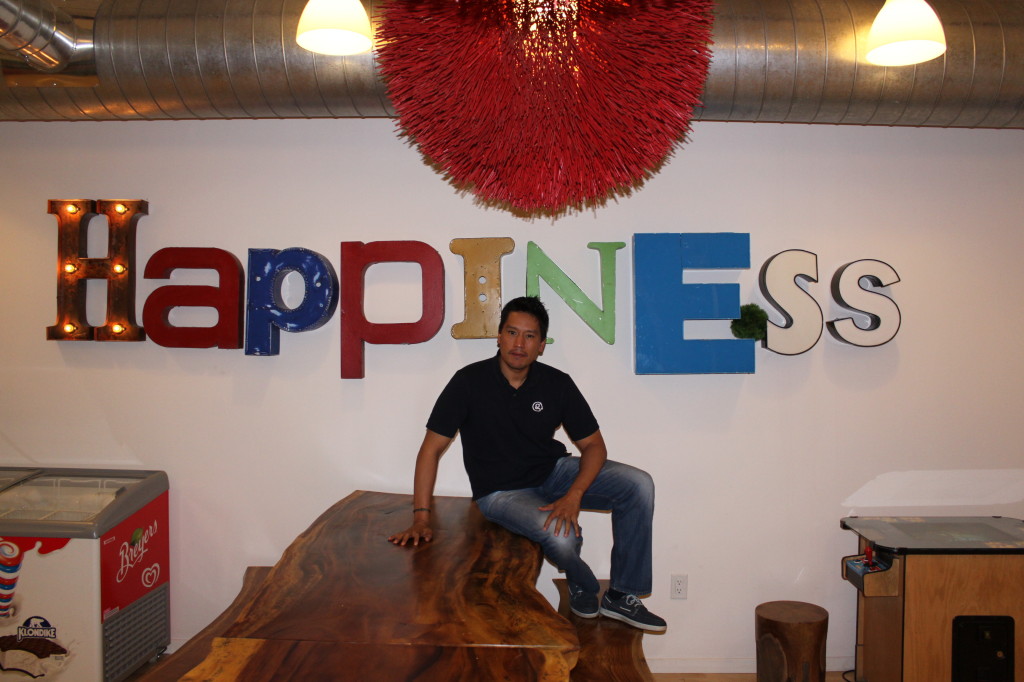 On meeting the founder of G Adventures
On meeting the founder of G Adventures
When I was greeted in reception at G Adventures with my name in lights on a movie marquee and asked if I would like some ice cream or popcorn, I knew I was anywhere but a traditional corporate workplace. The “reading on the wall” said it all with a 12” x 9” cutout of the word HAPPINESS in the main staff area that represents the company’s core philosophy.
I was definitely “Happy” to be meeting the man that I had admired as an industry colleague. I have always known the travel industry to be exciting, but if I am honest, it is not known for the most innovative business practices around. G Adventures is definitely the exception to that rule and after the interview, I had felt as if I had just spoken to travel’s very own Steve Jobs. A true entrepreneur whose fearless innovation has driven the company to worldwide success and made an authentic contribution to sustainable tourism and improving the lives of those who travel with G, Bruce Poon Tip shared with Travel Life a little of what makes G Adventures so unique.
On Canadian travellers and a unique product
What is the biggest change you have seen in the patterns of Canadian travellers since 1990 when you started G Adventures?
Consumer booking habits. They are booking closer to departure than ever before. We get some people even wanting to book trips to the Galapagos a week before departure.
You are not selling a typical type of package holiday. Are you able to accommodate these types of last-minute bookings and what are the challenges you face?
It’s not the best way to do business, but we are able to accommodate last-minute bookings as we are more nimble than ever before. In the early 90s with the introduction of The Last Minute Club, consumer spending habits changed. That is why we introduced the lifetime deposit in order to encourage earlier bookings.
People were scared to leave a deposit to book in advance. With us the deposit is good for life and can be used to travel at any time, gifted or donated. It gives our customers confidence to plan in advance.
Since then your product lineup has evolved and expanded to encompass a wide variety of experiences and countries. As you have grown the business, how have you ensured that your trips remain niche and authentic?
Innovation has always been the heart of our business model and we are always inventing new styles and innovative ways to show people the world. We introduced Local Living last year. The idea of bringing people to local farms and communities that would benefit from tourism and creating revenue for small villages has been revolutionary. We have always stayed firm on certain things like sustainability. The reason that we can be profitable is that we were the first and built a huge capacity early but have stayed firm on our basics, like small groups, and running our own tours.
I hear you are now cruising in West Africa. Tell me about that guest experience and how it differs from the traditional cruise line.
Well, first of all that was a very high risk, high reward trip for us. It is 30 days and $25,000 per person. It’s definitely for the mature traveller, but it’s a bucket list trip—you are going into West Africa and seeing places like Sierra Leone, Congo, Cameroon, places you could never travel to on your own. Quality of food there is not good and if you are going into remote areas it is very tough. With us you get the comfort of our ship that accommodates 120 passengers and you get great food every night.
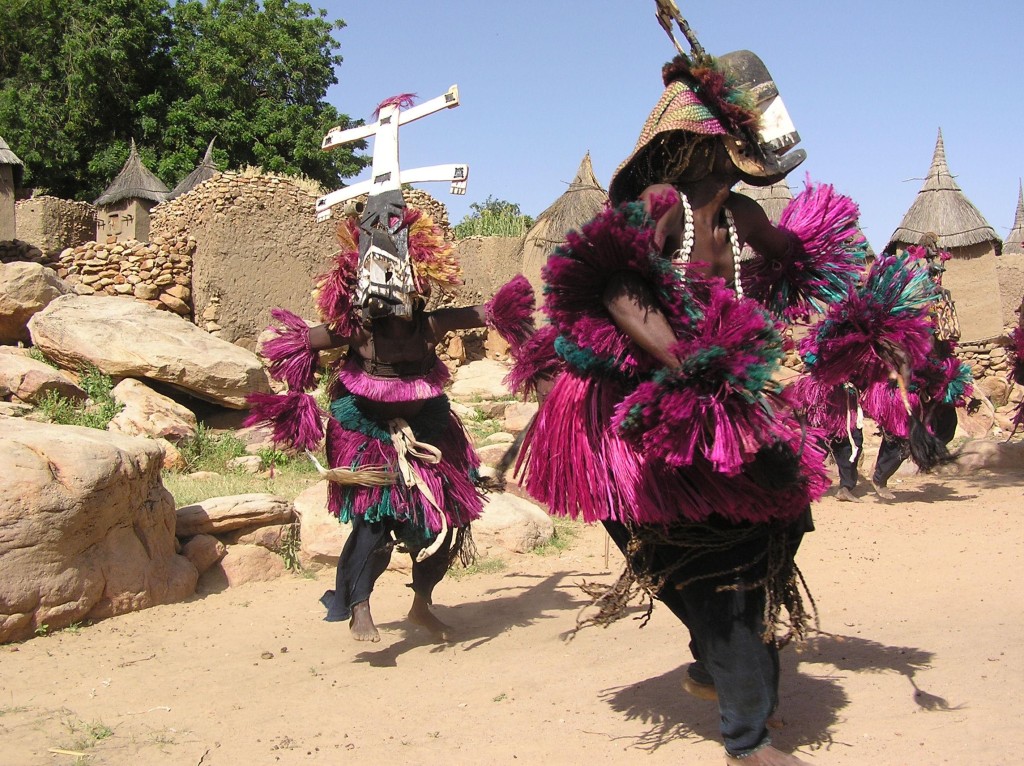 Tell me a little more about the family adventures. I would think it is a great way to open up the minds of children to the big world that is out there. Are there adventures that are safe or made interesting for children?
Tell me a little more about the family adventures. I would think it is a great way to open up the minds of children to the big world that is out there. Are there adventures that are safe or made interesting for children?
Definitely. We introduced our Family Adventures program as we noticed our travellers between 30 and 45 were disappearing and having families, but still wanted to travel. We’ve created a community with parents and kids to let kids experience things with other kids. They act completely different when travelling with people their own age. Our motto for these adventures is to raise travellers, not tourists, and I think people understand that if they have children. It’s amazing to see kids from all over the world make international friends.
What is the coolest experience you have gotten to introduce to your kids?
We did a couple of volunteer experiences in Peru last year that involved a street kids home and a family stay program. It was a great experience, but I would have to say, the coolest was a trip to the Arctic. It was the trip of their life. They loved it. I am taking them to the Amazon in a few weeks and I think that will be a big one.
On giving back and sustainable tourism
Speaking of voluntourism, how does G Adventures connect travellers with giving back?
We offer components of volunteering as part of your holiday. We are not a volunteer company, so we don’t take people to a country to volunteer for six months. We are a holiday company first and foremost, so you might have a day or two where you can volunteer as part of your holiday giving travellers the opportunity to give back and have meaningful interaction.
You were 22 when you started the company without a lot of resources. When did you recognize that sustainable tourism was important and needed to be part of your business model?
I guess 1995 is when the term “eco tourism” started being used and was more prevalent. In 1996 we launched a set of Tour Operator Standards and that’s when I knew and we founded a partnership with Conservation International out of Washington. It was our first introduction to social enterprise and how business could be a force of good and have a positive impact. We founded our own non-profit foundation, Planterra, in 2003 which took us to the next level.
I have read that you have some very strong opinions about all-inclusive resorts as they relate to sustainable tourism. Have you ever experienced an all-inclusive resort yourself?
I have. I have been to two all-inclusive resorts and I could not believe what I saw. I could go on about the environmental impact and the resources that are used when local people next door don’t even have access to clean drinking water, but my issue with the all-inclusive model is that they are encouraging people not to spend locally and that money is not remaining in the country. Local people are not benefitting from that success with tourism in that country which breeds.
Your “pay it forward” type approach to business is very admirable. How did the partnership with The Inter American Development Bank and an investment fund like MIF (Multilateral Investment Fund) come about?
We convinced the Inter American Development Bank to give us a multi-million dollar, multi-year grant to build community projects in Latin America. It took two years of convincing and lots of red tape as the IDB has never worked with a private sector company or a for profit company. It was very controversial. We are building homestay programs along our route. We’re building community restaurants where our travellers will eat. It is creating a better experience for our customers, but at the same time creating important sustainability. It was approved on the basis that we are a social enterprise and that our business decisions are based around social issues and that we are having a positive impact on peoples lives.
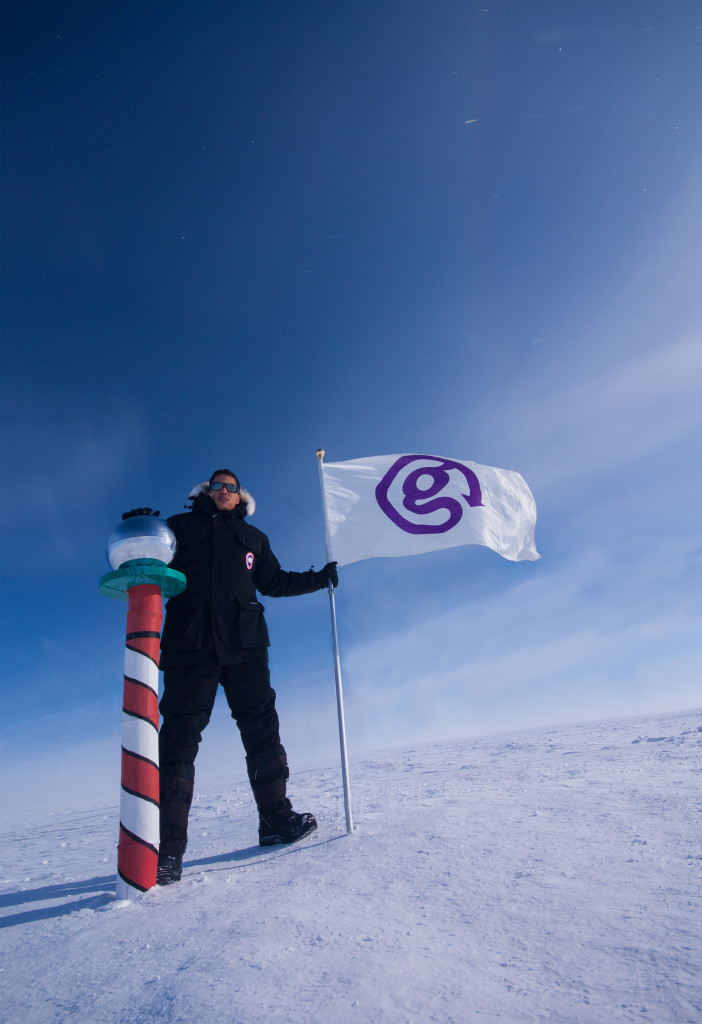 Where would you like to see sustainable tourism in 10 years?
Where would you like to see sustainable tourism in 10 years?
My hope is that the consumer becomes more savvy and educated. I often get booed for this view, but people are becoming more sustainable at home; putting low-flush toilets and low-watt lightbulbs in their homes… and then many suspend all of their beliefs when they go on holiday. I believe that there is a tipping point when the consumer finally says “this is kind of weird.”
People over-glorify what entrepreneurs do. We create products for demand. The consumer creates demand. It’s proven that the consumer always chooses sustainable product if all other things are equal, but sustainability costs. My hope is that at some point the consumer realizes the importance of sustainability not just for the planet but for future generations and is willing to pay the premium often associated with a more sustainable product.
Tammy Cecco
Latest posts by Tammy Cecco (see all)
- Tokyo for the First Timer - December 19, 2023
- Club Med Martinique: Buccaneer’s Creek - December 19, 2023
- Fairmont Mayakoba Has Never Been Better - December 18, 2023
- An Upscale Adults-Only Escape Unveiled - November 12, 2023
- Beachside Bonding Bajan Style in Barbados - July 7, 2023




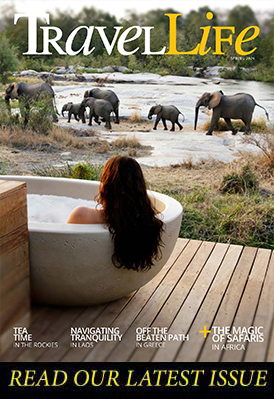
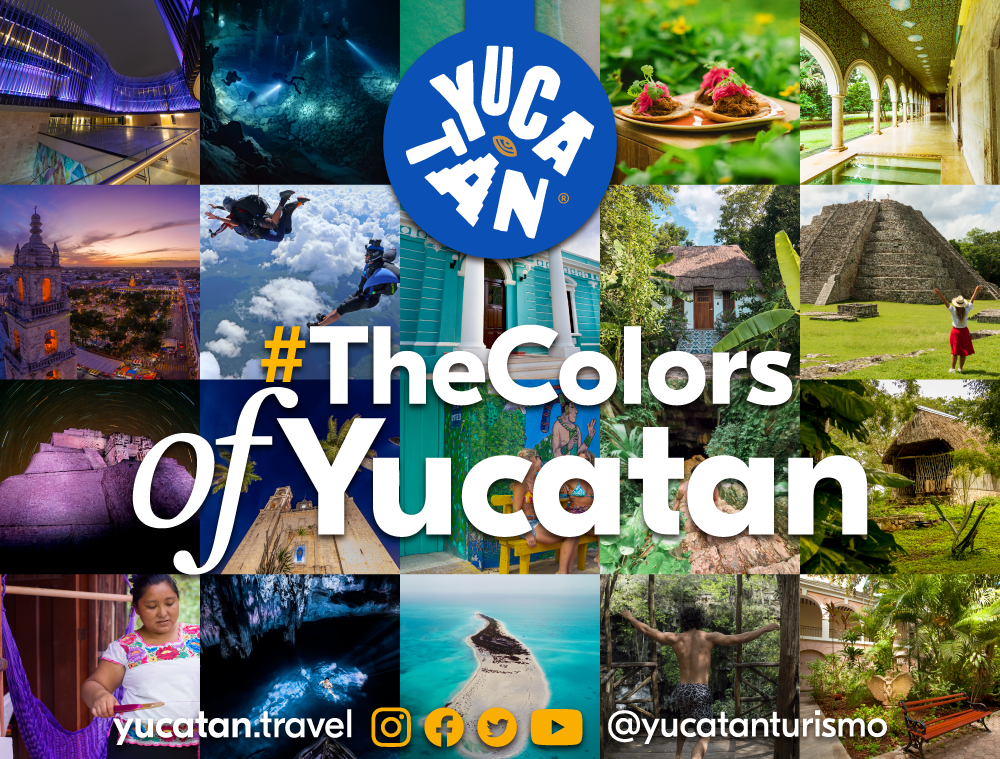
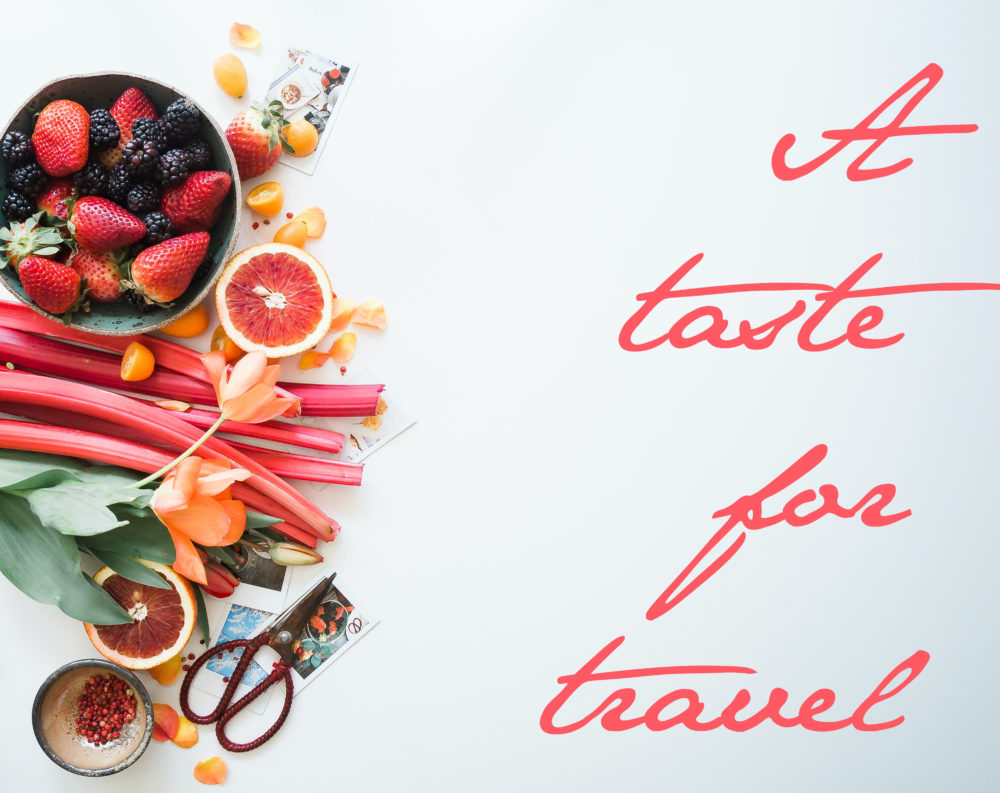
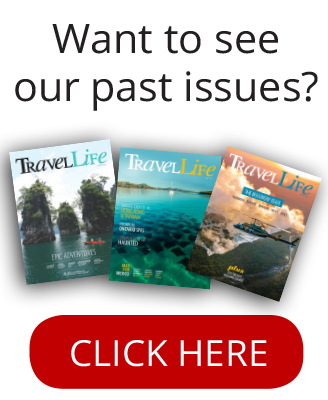
No Responses to “Bruce Poon Tip challenges you to change the world and your life through travel”